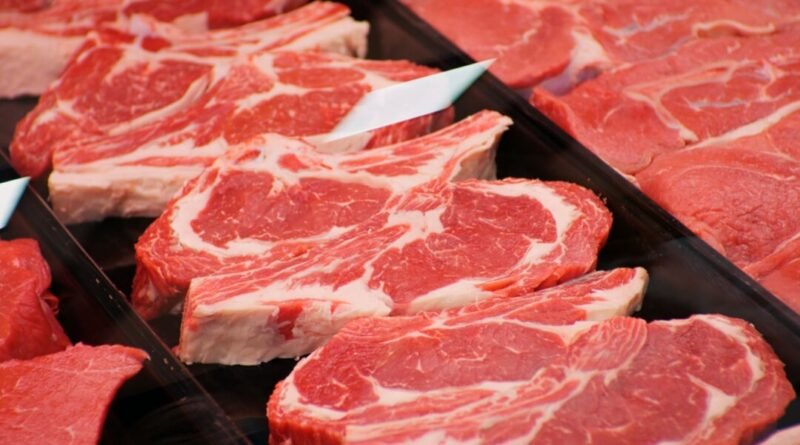Consuming Iron from Red Meat Associated with Increased Risk of Type 2 Diabetes
A recent study suggests that adhering to a plant-based diet may be effective in reducing the likelihood of developing chronic diseases.
Researchers from Harvard T.H. Chan School of Public Health discovered that a higher intake of heme iron from red meat and other animal products could increase the risk of Type 2 diabetes by 26 percent. On the other hand, consuming non-heme iron from plant-based foods did not show an elevated risk.
These findings support the idea that following a plant-based diet may help in reducing the chances of developing chronic diseases.
Building on Existing Research
Previous epidemiological research had already linked heme iron intake from red meat to a higher risk of diabetes. The NM study provided further insights into this relationship by integrating multiple layers of information, including epidemiological data, conventional metabolic biomarkers, and advanced metabolomics.
Evidence from the Study
The researchers analyzed data from a cohort study involving 204,615 participants. They found that individuals with the highest heme iron intake had a 26 percent increased risk of Type 2 diabetes compared to those with the lowest intake.
Additionally, they observed abnormal biomarker and metabolite levels associated with Type 2 diabetes in individuals with higher heme iron intake. These results suggest that dietary guidelines emphasizing a reduction in heme iron intake, particularly from red meat, could be beneficial in decreasing diabetes risk.
Differing Perspectives
The study recommended following a more plant-based diet but did not specify the extent to which red meat intake should be reduced.
Nutritionists may have varying opinions on this issue. The American Academy of Nutrition and Dietetics supports the idea that well-planned vegetarian and vegan diets can provide essential nutrients and aid in preventing and treating certain diseases across all life stages.
On the other hand, some nutritionists believe that including an appropriate amount of meat in a balanced diet can be beneficial. They emphasize the nutritional benefits of red meat, such as high-quality protein, essential amino acids, zinc, and B vitamins.
It’s crucial for individuals at risk of Type 2 diabetes to regularly monitor biomarkers and adjust their diet accordingly.
Additional Health Risks of Heme Iron
While the NM study focused on the link between heme iron and Type 2 diabetes, previous research has associated heme iron intake with other chronic diseases.
Sources of Heme and Non-heme Iron
In addition to red meat, heme iron can be found in poultry and seafood. Non-heme iron sources include plant-based foods like beans, nuts, spinach, and fortified grains.
Concluding Remarks
While more research is needed to explore the long-term effects of red meat consumption, transitioning to a more plant-based diet can offer significant health benefits. Incorporating grass-fed meats in moderation may provide essential nutrients, but caution is advised regarding the overall consumption of red meat.




